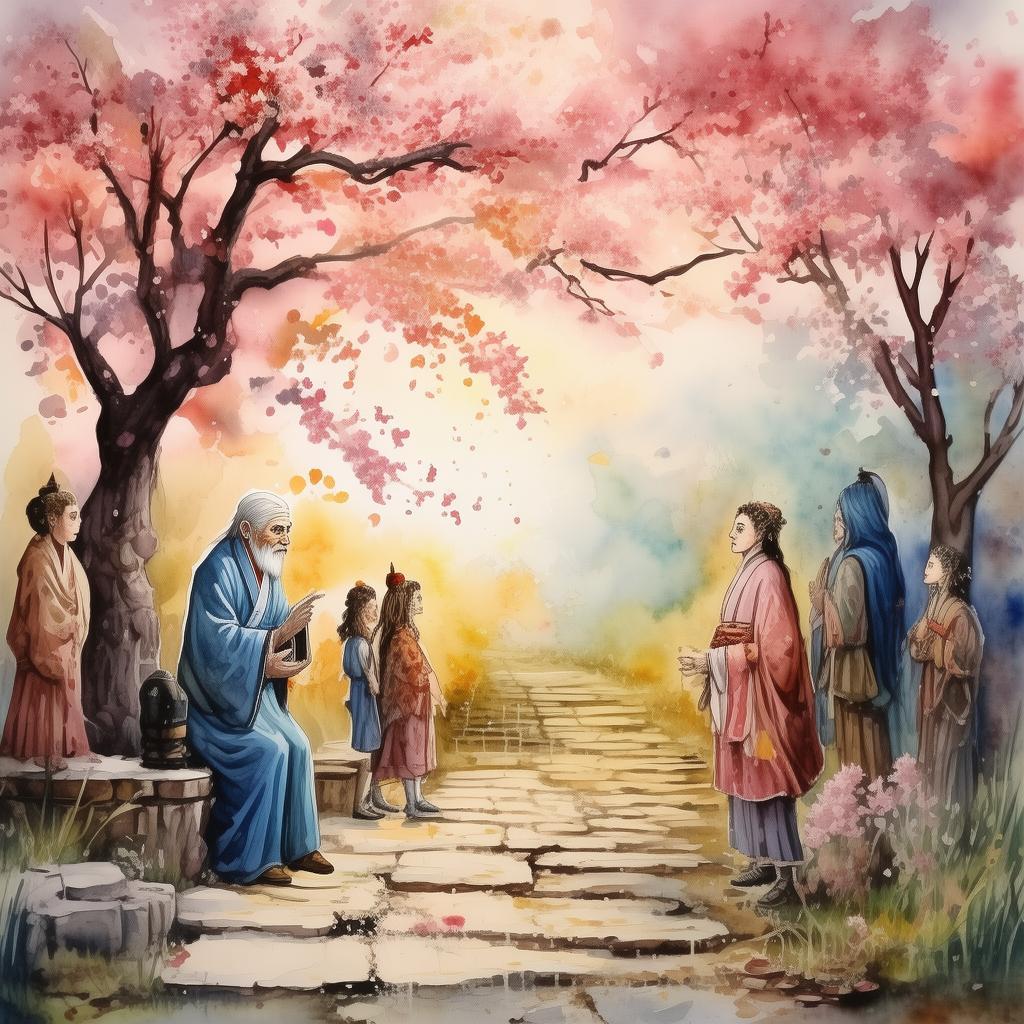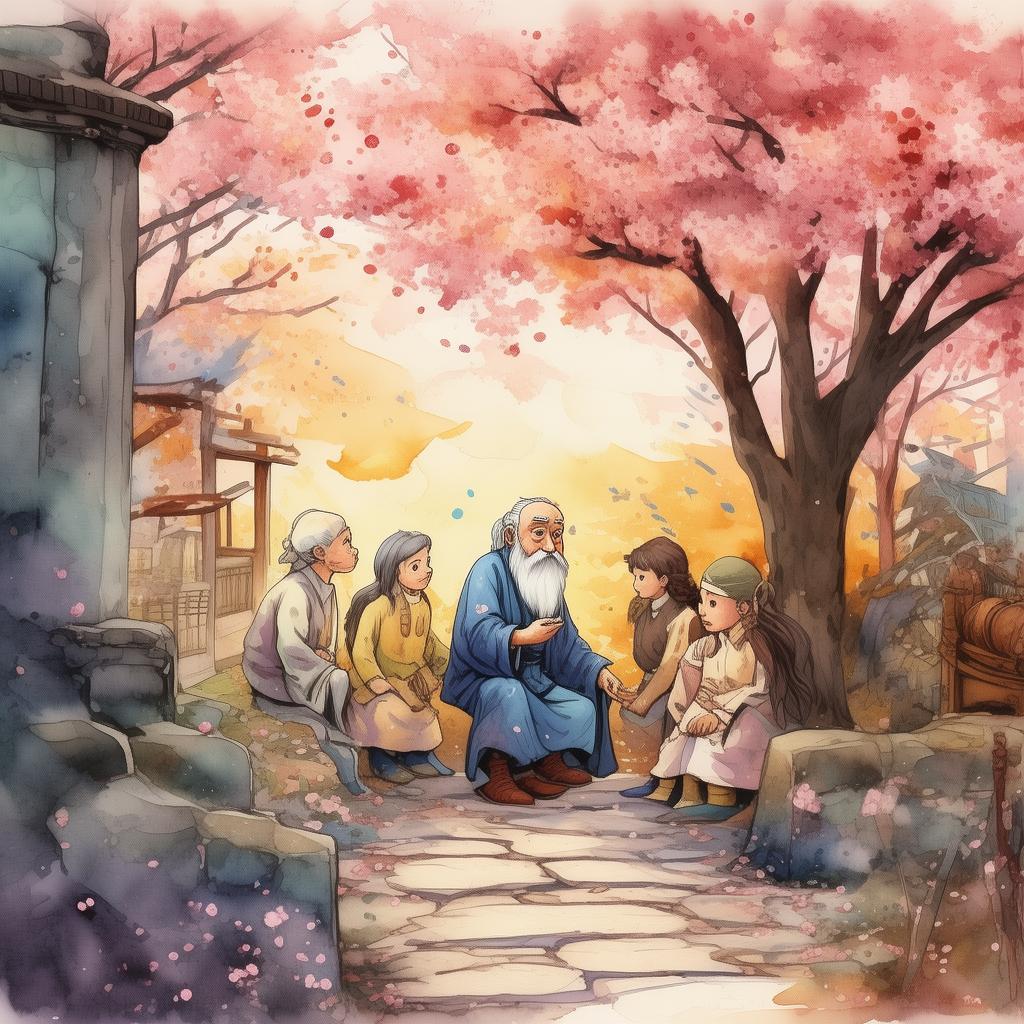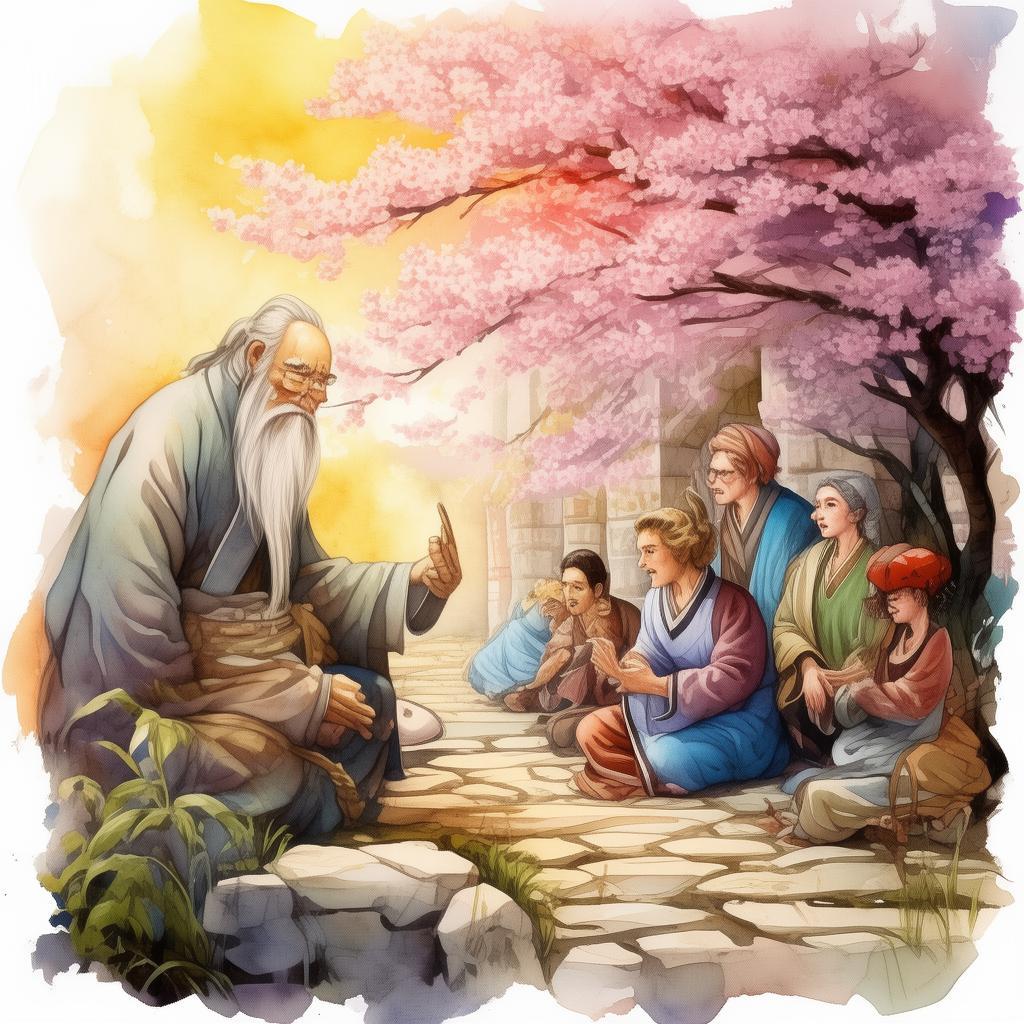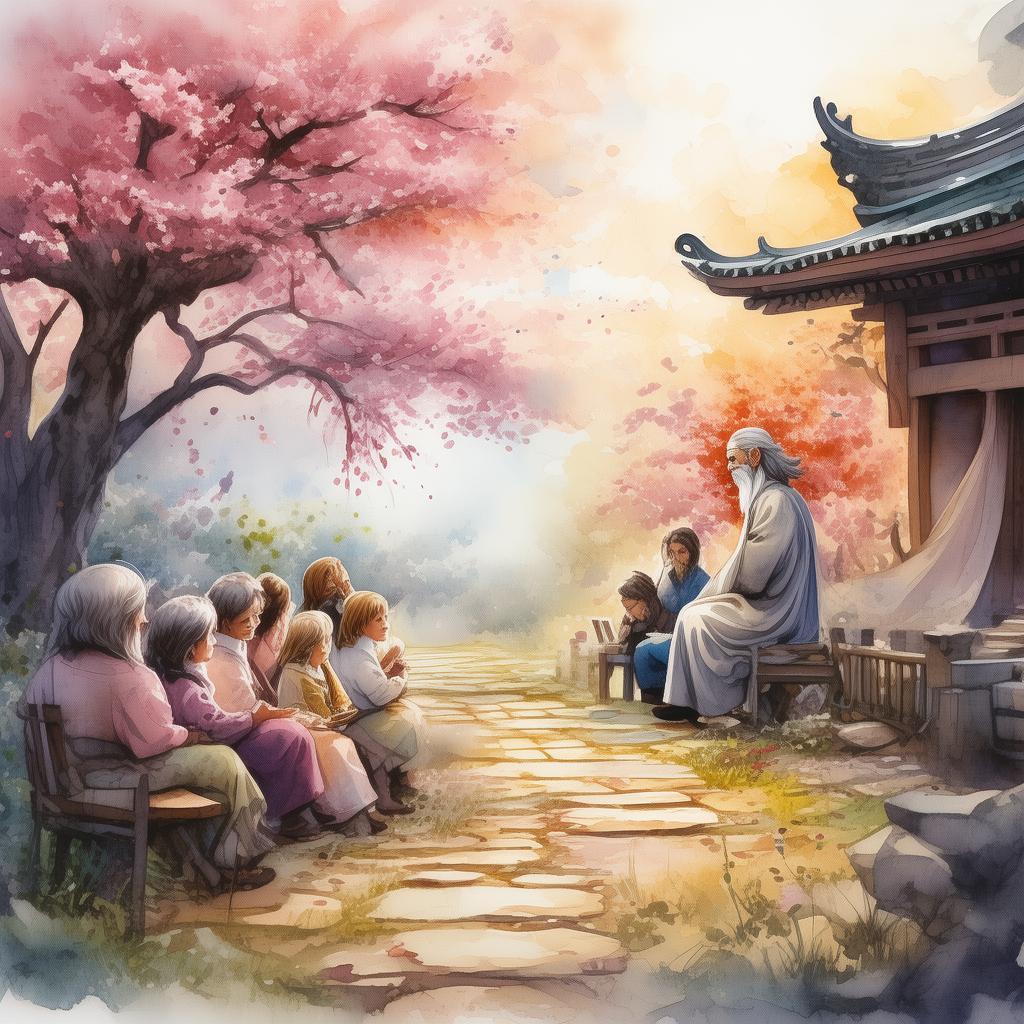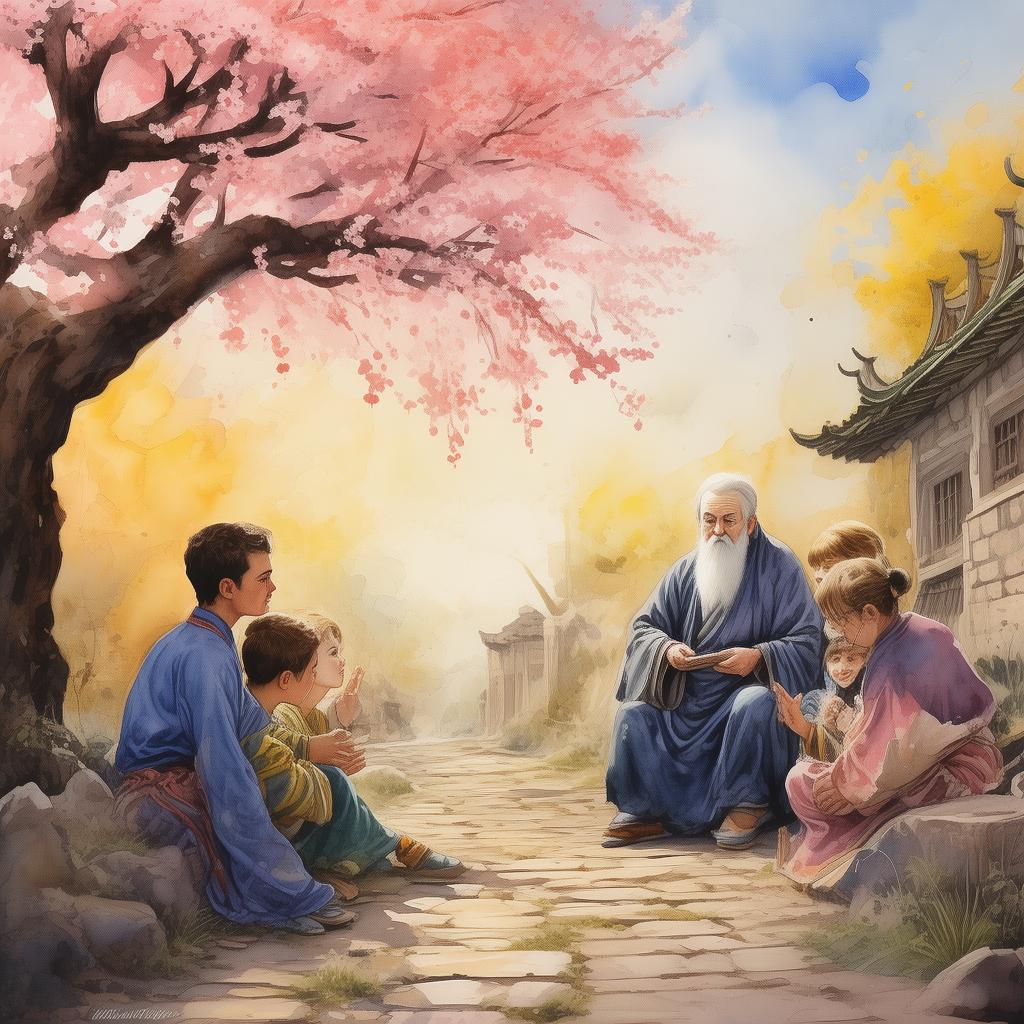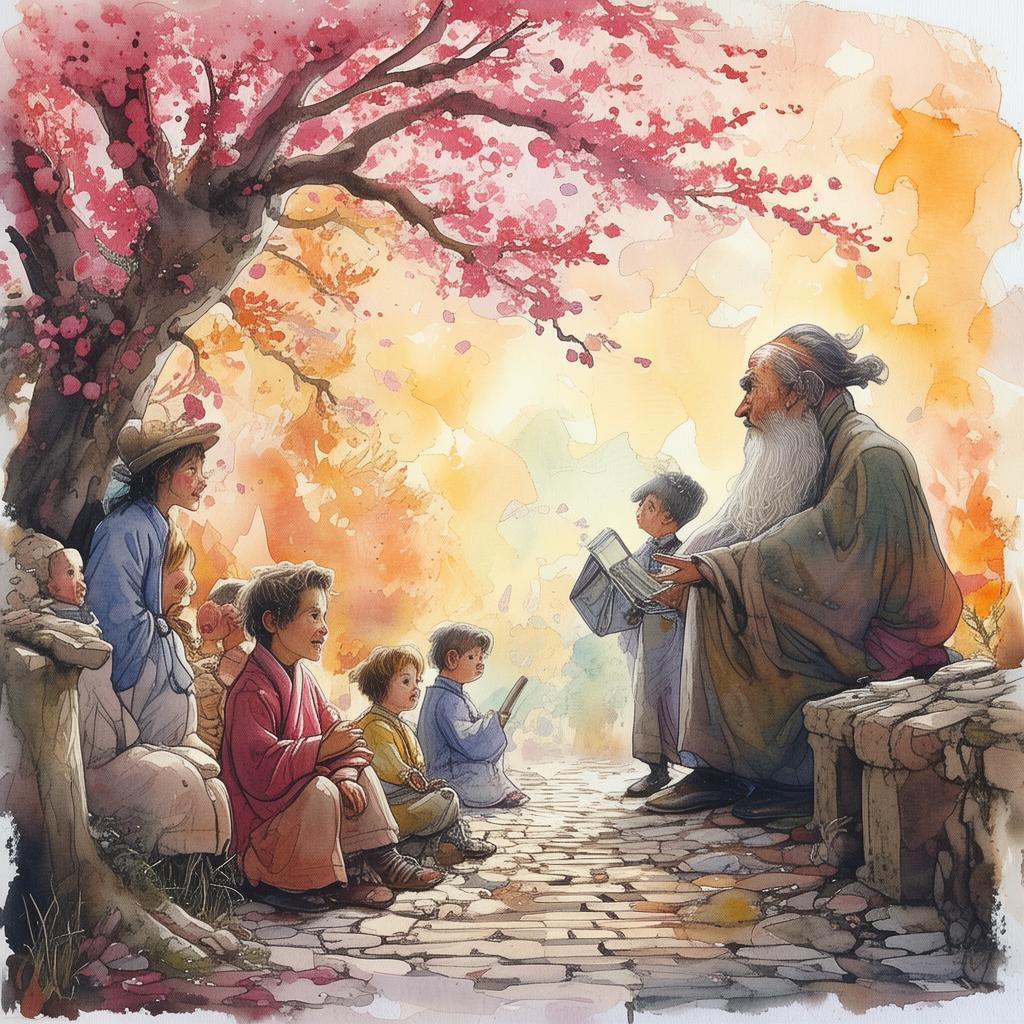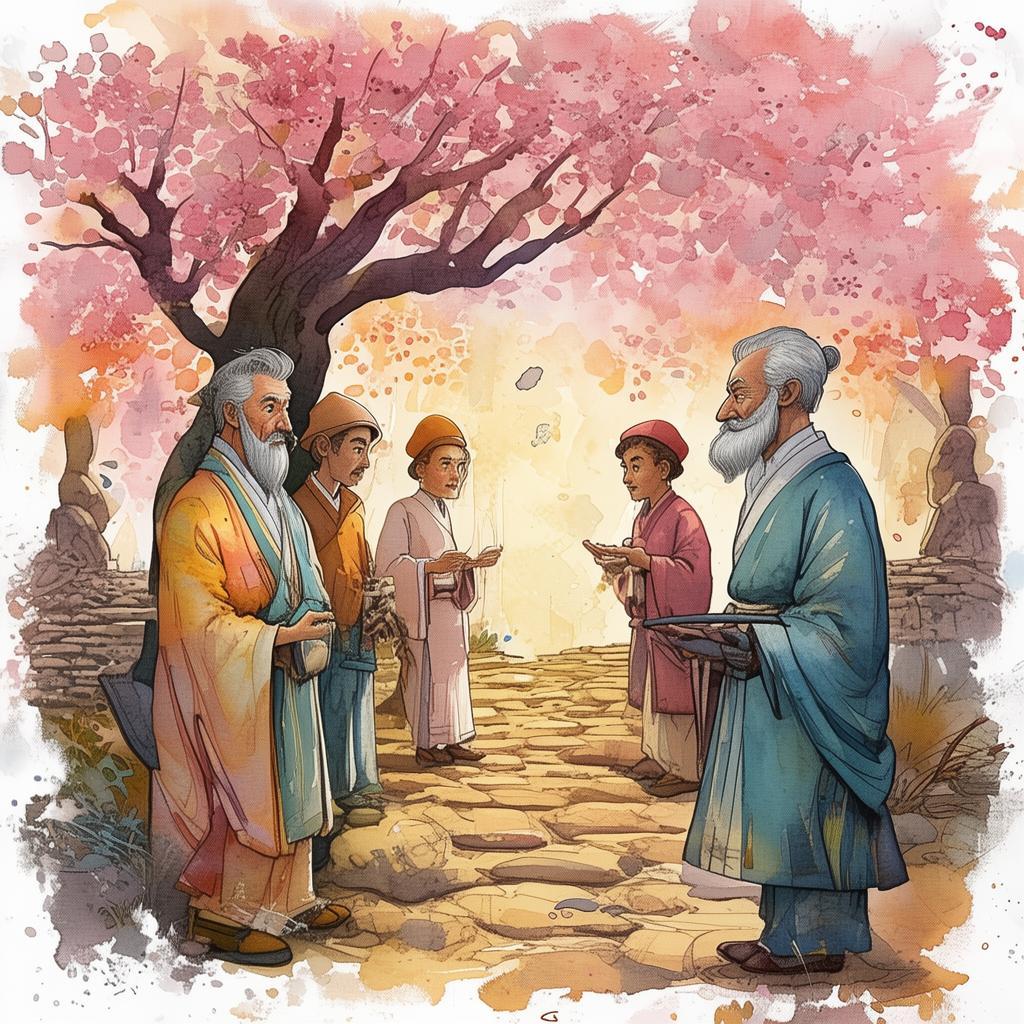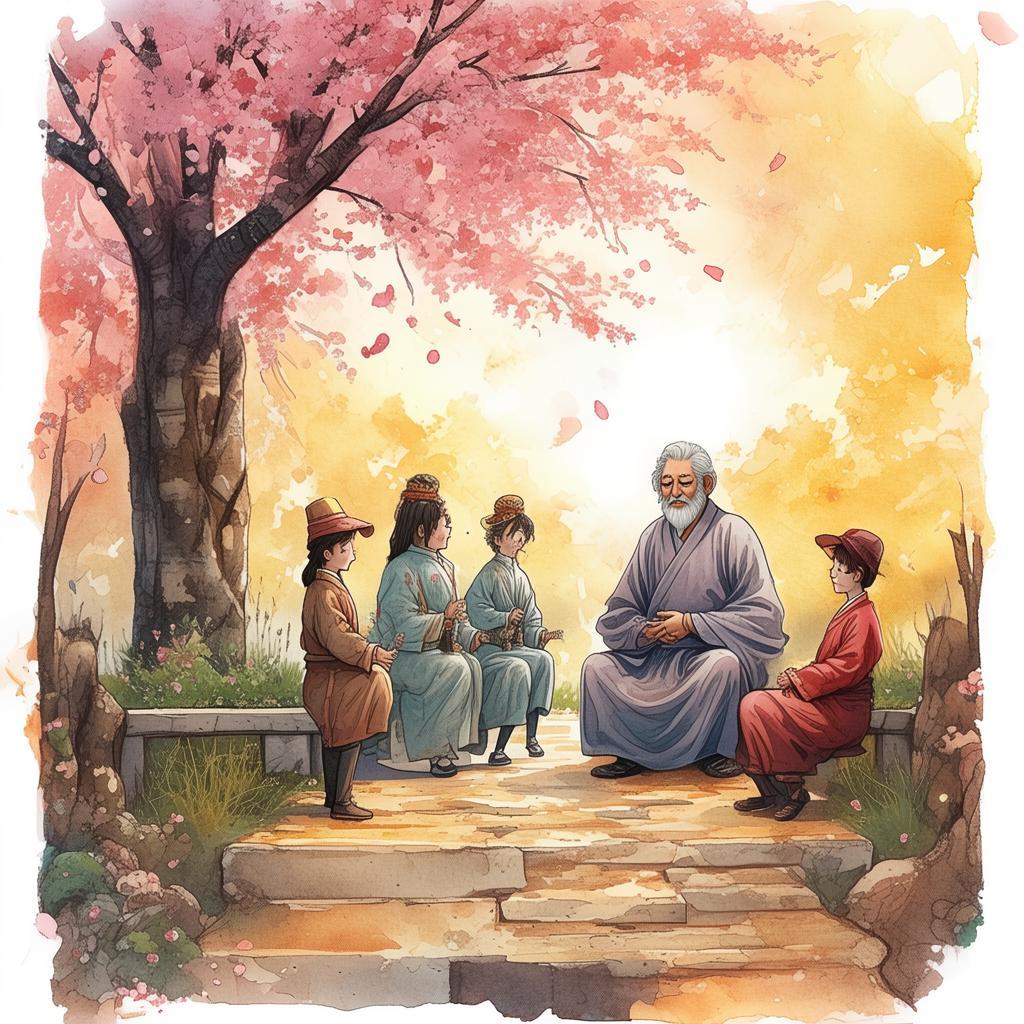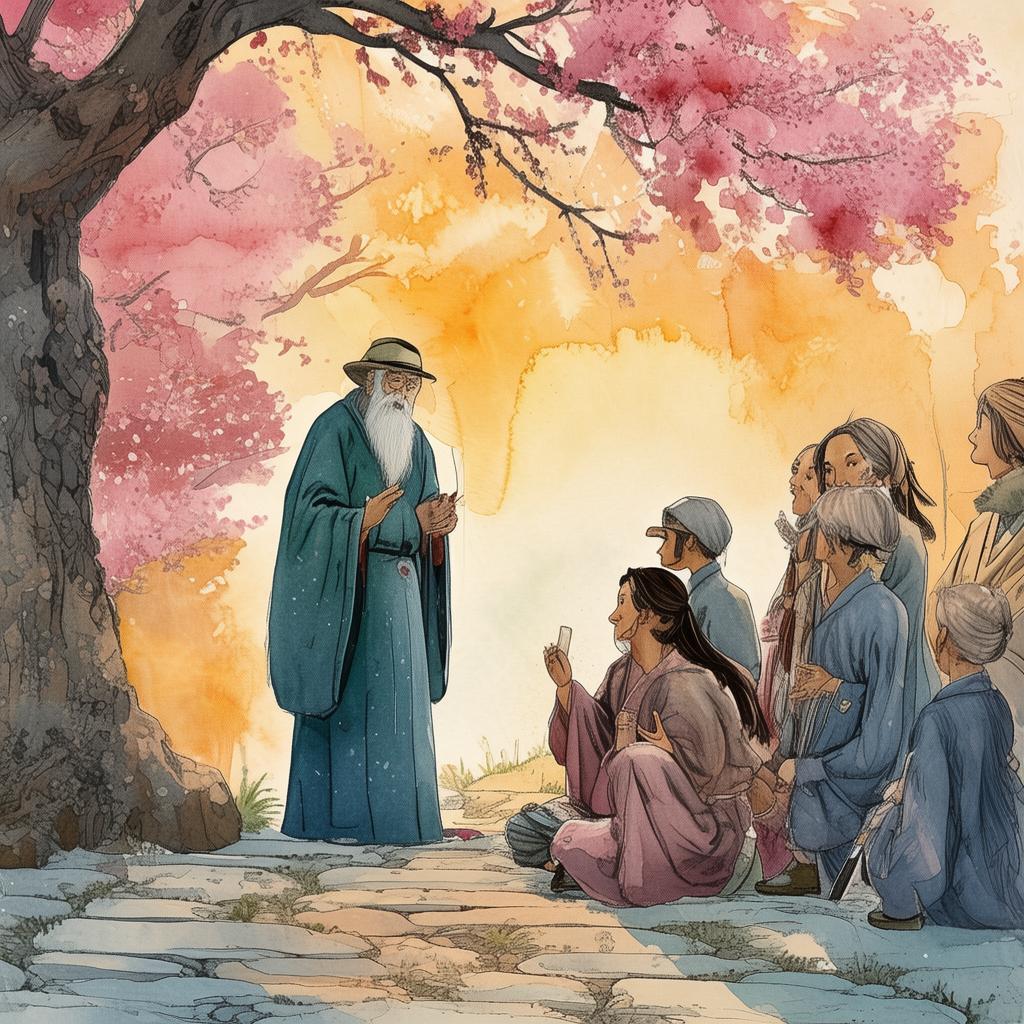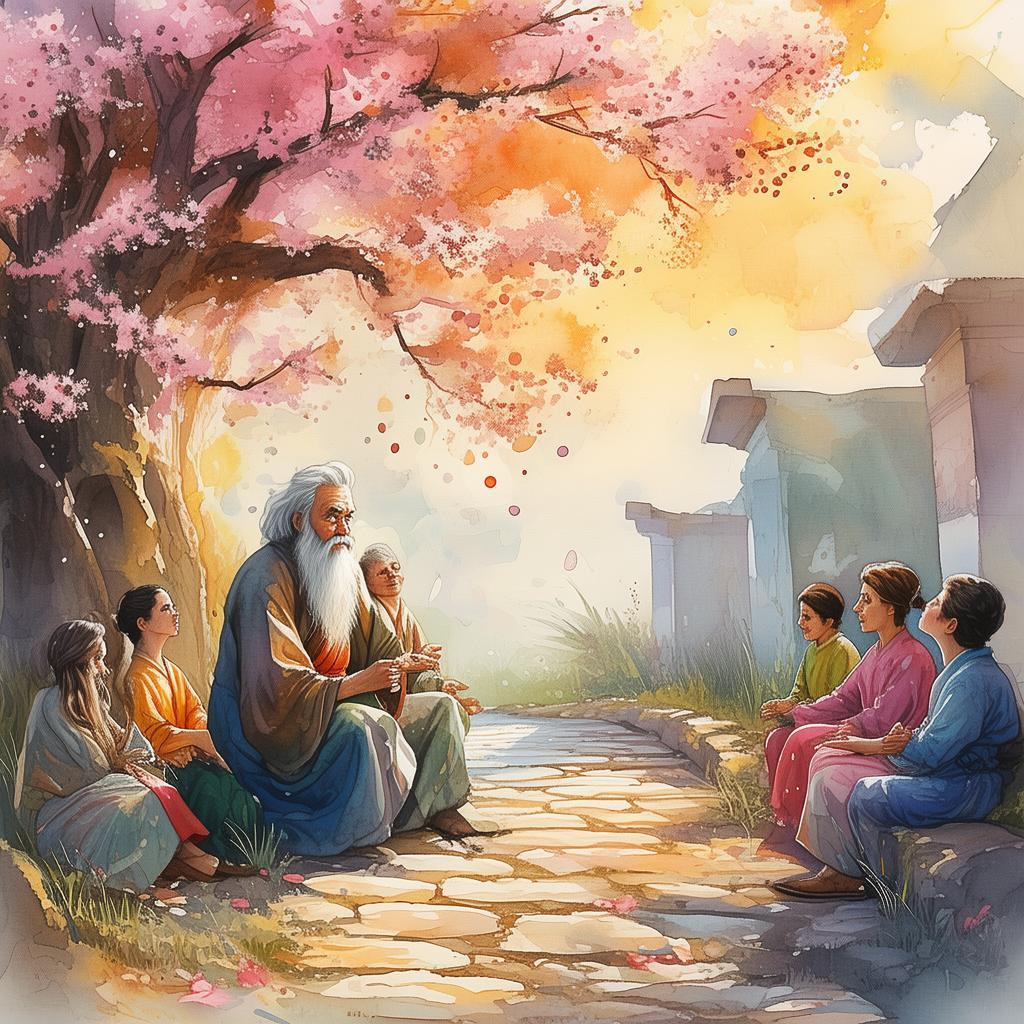From Night Chef to Culinary Legend: The Tale of the Sleepless Chef
In the bustling city of Chang'an, where the night was shrouded in darkness and silence, there lived a chef named Li Hua. Known as the Sleepless Chef, he was a man who defied the very essence of sleep. For in this world, dreams were forbidden, and those who dared to dream were deemed dangerous to the fabric of society.
Li Hua's kitchen was a beacon of light in the night, a place where the scent of fresh herbs and the sizzle of sizzling meats filled the air. It was here that he toiled away, creating dishes that were not just edible but also works of art. His culinary creations were so unique and flavorful that they became the talk of the town, and soon, the legend of the Sleepless Chef spread far and wide.
The story of Li Hua began in his childhood, when he was an orphan living on the streets. He had a natural talent for cooking, and he spent his days scavenging for food and experimenting with flavors. Despite the hardships he faced, Li Hua never lost his passion for cooking, and he dreamed of one day opening his own restaurant.
One night, as he lay on the cold ground, dreaming of his future, Li Hua was awakened by a voice. "You have a gift, Li Hua," the voice said. "But you must use it wisely. For in this world, dreams are forbidden, and those who dare to dream are hunted."
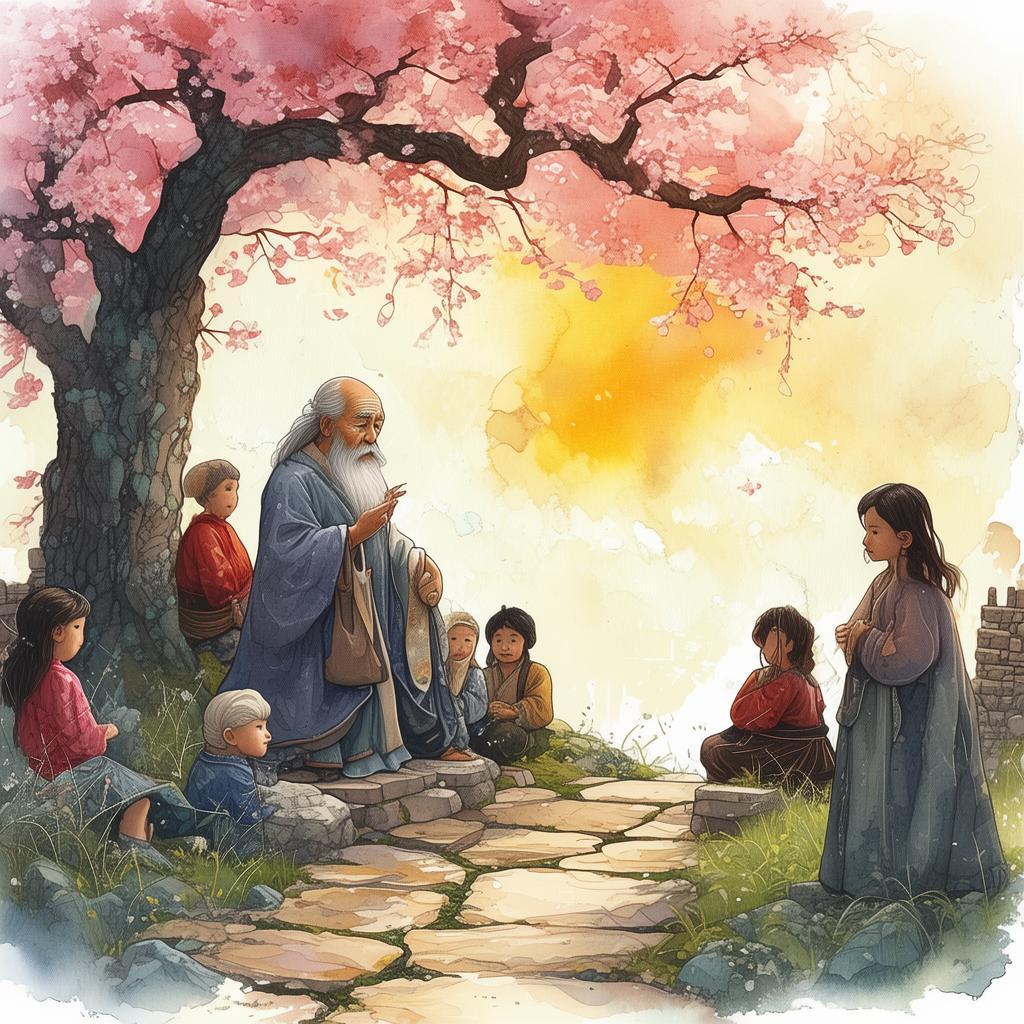
Li Hua woke up with a start, his heart pounding. He realized that the voice was a message from his dreams, a reminder of the dangers he faced. But instead of being discouraged, he was fueled by a newfound determination. He decided that he would use his gift to create culinary masterpieces that would inspire others to dream.
Every night, Li Hua would stay awake, cooking until the early hours of the morning. He would experiment with new ingredients, combining flavors in ways that no one had ever imagined. His dishes were a testament to his imagination and perseverance, and they soon became the talk of the town.
One day, a wealthy merchant heard about the Sleepless Chef and decided to visit his kitchen. When he walked in, he was astounded by the sight. The room was filled with the scent of fresh herbs and the sound of sizzling meats. On the table was a dish that looked like a painting, a dish that tasted like a dream.
The merchant was so impressed that he offered to finance Li Hua's dream of opening his own restaurant. With the merchant's help, Li Hua opened "The Dream Kitchen," a place where people could come and experience the magic of dreams through food.
As the years passed, "The Dream Kitchen" became famous, not just in Chang'an but across the land. Li Hua's dishes were a reflection of his dreams, a celebration of the imagination and creativity that were forbidden in their world. He became a symbol of hope, a reminder that even in the darkest of nights, dreams could still shine bright.
One night, as Li Hua was cooking, he looked around his kitchen and felt a sense of fulfillment. He had achieved his dream, and he had inspired others to dream as well. In that moment, he realized that his true gift was not just in cooking but in the power of imagination and perseverance.
The legend of the Sleepless Chef lived on, a tale of a man who defied the night to create culinary masterpieces and inspire others to dream. His story became a symbol of hope, a reminder that even in the darkest of times, the light of dreams could still burn bright.
✨ Original Statement ✨
All articles published on this website (including but not limited to text, images, videos, and other content) are original or authorized for reposting and are protected by relevant laws. Without the explicit written permission of this website, no individual or organization may copy, modify, repost, or use the content for commercial purposes.
If you need to quote or cooperate, please contact this site for authorization. We reserve the right to pursue legal responsibility for any unauthorized use.
Hereby declared.
